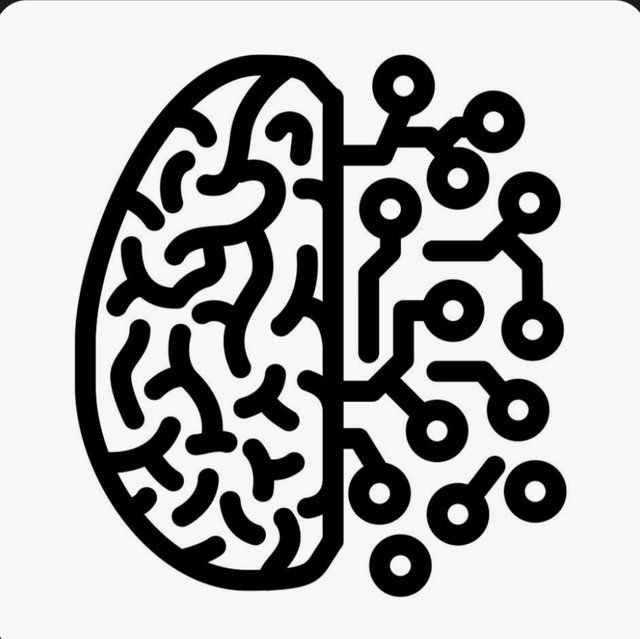The brain is an incredibly complex organ that serves as the control center for the entire body. Here are some key points about the brain:
Structure:
The brain is divided into three main parts: the cerebrum, cerebellum, and brainstem1.
Cerebrum: The largest part, responsible for higher brain functions like thought, action, and emotion. It is divided into two hemispheres and further into lobes that manage different functions such as vision, speech, and movement1.
Cerebellum: Located under the cerebrum, it coordinates muscle movements and maintains posture and balance1.
Brainstem: Connects the brain to the spinal cord and controls vital functions like breathing, heart rate, and blood pressure1.
Function:
The brain processes sensory information, controls motor functions, and is responsible for cognition, emotions, and memory2.
It communicates with the rest of the body through the spinal cord and a vast network of nerves1.
Neurons:
The brain contains billions of neurons, which are specialized cells that transmit information through electrical and chemical signals2.
Neurons are connected by synapses, allowing them to communicate with each other and form complex networks2.
Gray and White Matter:
Gray Matter: Composed mainly of neuron cell bodies and is involved in processing and interpreting information1.
White Matter: Consists of axons (nerve fibers) that connect different parts of the brain and transmit signals between them1.
Energy Consumption:
Despite its relatively small size, the brain consumes about 20-25% of the body’s energy3.
It requires a constant supply of oxygen and glucose to function properly3.
The brain’s intricate structure and functions make it one of the most fascinating and vital organs in the body. If you have any specific questions about the brain or its functions, feel free to ask!
1: Johns Hopkins Medicine 2: Wikipedia 3: Biology Dictionary
